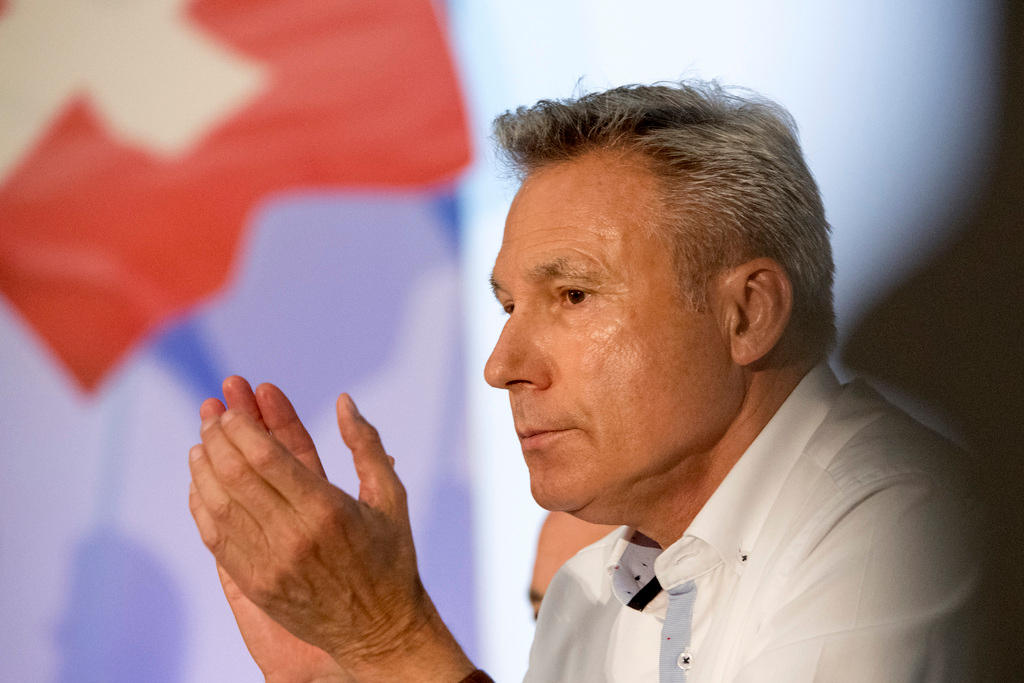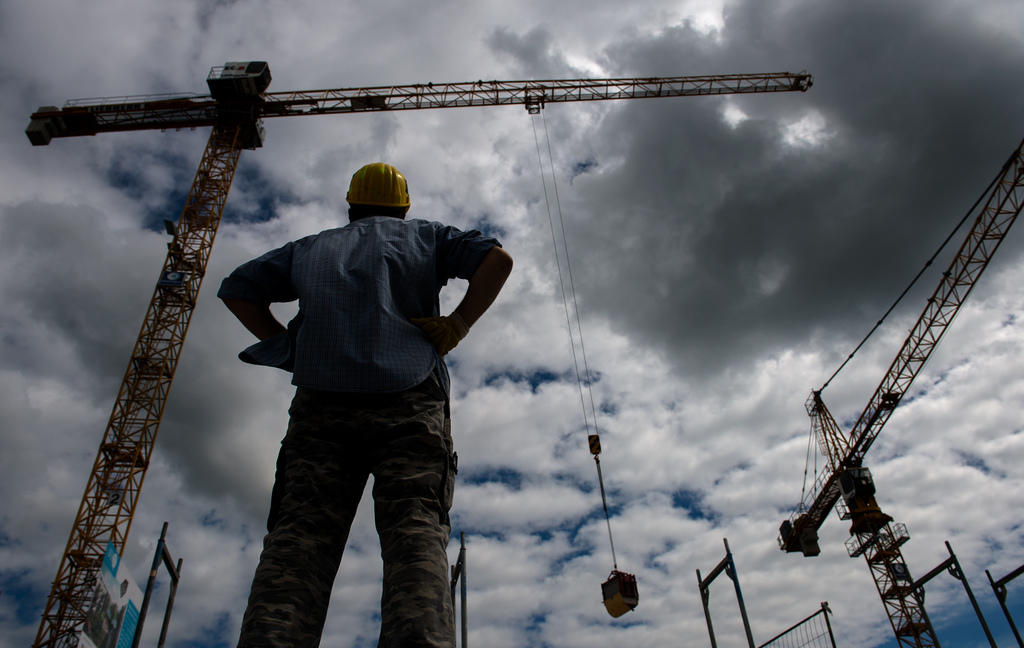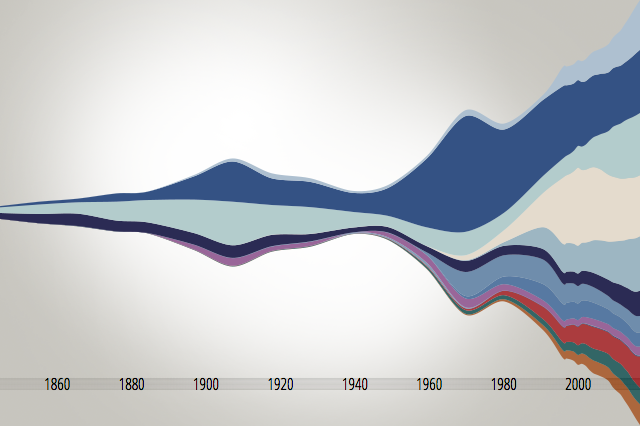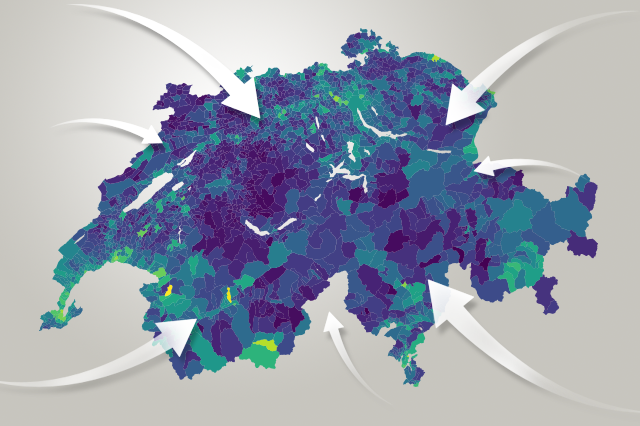Opposition to immigration remains strong in Switzerland

It is a sensitive time for migration policy in Switzerland, and in Europe more widely. But the country is no stranger to divisive debates around foreigners.
Three years ago, voters approved an initiative to limit numbers of EU citizens coming to work in Switzerland, incurring the anger of its partners in Brussels. Under agreements with the EU, workers have been free to cross the border since 2002, a decision which some see as driving a big population increase in recent years – from 7.2 million to 8.4 million since the turn of the century.
And though the government didn’t implement the constitutional referendum to the letter – fearing further legal and economic quagmires with Europe – a system of preferential employment for Swiss citizens has been introduced. And another initiative to curb immigration once the unemployment rate rises above 3.2% has been presented to the government; its advocates are currently seeking the 100,000 signatures.
“I am convinced that the costs provoked by mass immigration are much higher than the economic benefits immigrants bring to Switzerland,” said People’s Party parliamentary president Adrian Amstutz at the party’s national conference recently. Citing the increased health costs, rents, traffic congestion and social spending that have resulted from an influx of foreign workers, he says it is clear that “Switzerland needs to put limits on immigration.”
He clearly enjoys wide support on this. His party is the biggest in the country, receiving almost 30% of votes in 2015 elections; 50.3% of the overall population voted for the 2014 initiative. And should the next proposed anti-immigration initiative (which is not explicitly a People’s Party project) get off the ground, the prospect of ending the 15-year practice of free movement between Switzerland and Europe could be back on the table once again.
Figures released by SECO in June this year show that net inward levels of migration (especially from surrounding European states whose economies are beginning to recover) fell to 35,000 in 2016, the lowest in ten years, most likely driven by a recovery in many European economies. Though this was contested by some parts of the conservative right, who maintain that immigration levels are still much higher than before the introduction of free movement.
Such debates have a long history in Switzerland: especially following periods of fast social change and immigration, initiatives to limit foreigners to a certain percentage of the population have found their way onto the ballot box.
swissinfo.ch/dos

In compliance with the JTI standards
More: SWI swissinfo.ch certified by the Journalism Trust Initiative




You can find an overview of ongoing debates with our journalists here. Please join us!
If you want to start a conversation about a topic raised in this article or want to report factual errors, email us at english@swissinfo.ch.